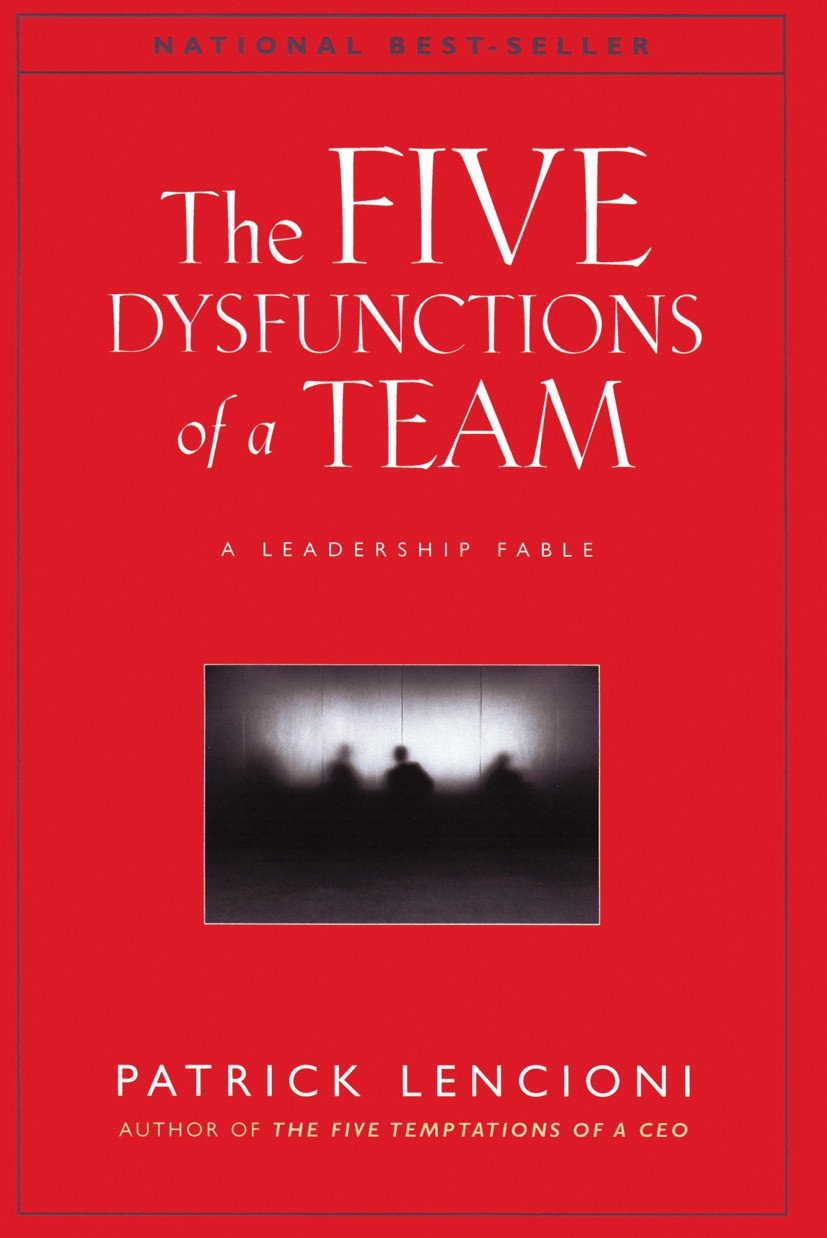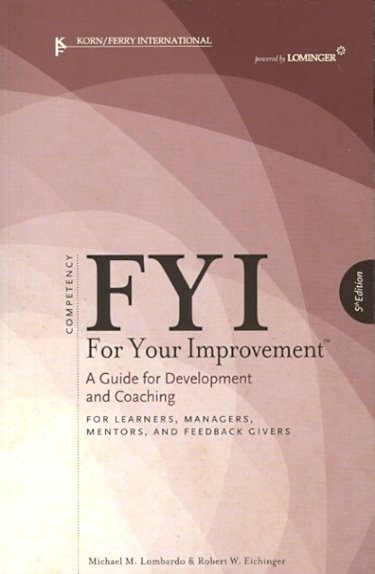Boss Relationship Worksheet
According to my research, "Most people have trouble with about 50% of their bosses." If that describes you, the Boss Relationship Worksheet was developed with you in mind.
Success at work is highly impacted by your relationship with your immediate supervisor; therefore, it is important to cultivate a good working relationship with your boss.
Are you ready to improve your working relationship with your boss? The Boss Relationship Worksheet will help you do just that.
To get started, find out how to download your copy below.
Improve Your Relationship with Your Boss
Are you looking to improve your relationship with your boss? If so, the Boss Relationship Worksheet will help you better understand and communicate more effectively with your immediate supervisor.
To download your copy, submit your information on the form below.
After completing the Boss Relationship Worksheet, you will find that the following will prove helpful in showing you how to cultivate a better working relationship with your boss:

Managing Up
I read an interesting article entitled, "4 Things You Can Say to Make Your Boss Love You" written by Dominque Rogers. They are:
- How can I help you achieve your goals?
- I saw this wasn't done, so I did it.
- I agree...
- I'd be happy to do that.
Now, in some circles, "Managing Up" has a negative connotation. Some believe it implies manipulating your boss, being a "yes" person, or being insincere.
But I would ask you to think about this from another perspective. And this is why.... See more HERE
Managing Conflict
Since conflict is inevitable, developing skills for managing conflict is critical to success: both to you as a leader and for your team. Developing skills to manage and resolve conflict will help you get and stay "ahead of the game."
The conflict management style we choose can depend upon the situation and the person(s) involved. For instance, when dealing with a person in authority, a boss or direct supervisor, we may be more cooperative and less assertive.
Maccoby and Studder are well known for their work identifying steps for managing conflict. See more HERE
Conflict Management Styles
The Conflict Management Styles I am most familiar with are based on the Thomas-Kilmann Model. They are:
- Forcing
- Withdrawing/Avoiding
- Smoothing
- Compromising
- Problem Solving
These styles are measured along two dimensions: Assertiveness and Cooperativeness.
Assertiveness relates to one's concern for their own interests.
Cooperativeness relates to one's concern for the other's interests, or the interests of the person with whom they are dealing. See more HERE
Boss Relationship Worksheet
Once you complete the Boss Relationship Worksheet, it is time to put together your plan for how to improve your working relationship.
Knowing what your boss expects is critical to your success, and the information gathered from your worksheet should assist you in effectively communicating with your immediate supervisor.
Want To Know More
 |
I published my first book and I am beyond excited.
Get your FREE copy of Called to Lead!
ORDER PRINT HERE
Leaders don't
create
followers.
Leaders
create
other
leaders.
- Tom Peters













